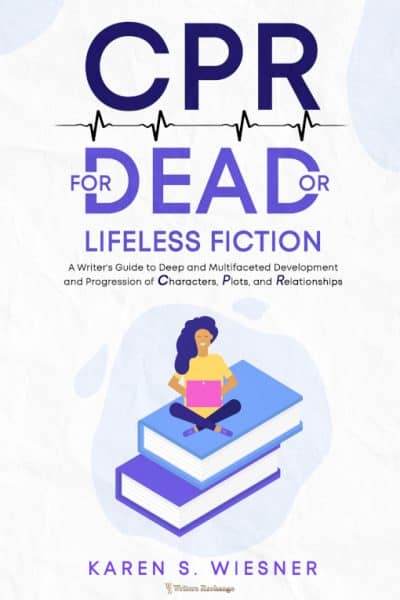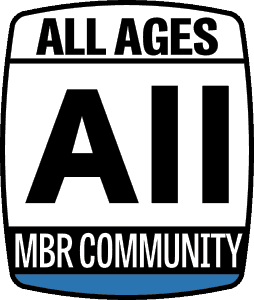Description
Characters: Do your characters have no obvious signs of life, nothing that gives them unique personality, perspective, and passion? Does it seem like their conflicts are ones they truly care about and have an intensely personal investment in? Can you visualize the author’s hand holding the characters, pushing them around in response to action?
Plots: Are events randomly happening without a personal connection to them? Are plots and conflicts created spur of the moment with no set up, build up, curiosity, or tension? Is something miraculous stepping in to resolve story problems and “resetting” characters who seem to disintegrate rather than legitimately and cohesively evolve in response to conflict?
Relationships: Are relationships stilted, off-focus, not quite realistic, frequently with secondary characters that are little more than soundboards? Are your characters merely going through the motions with each other?
All of these and more are signs of dead or lifeless stories. The three core elements of story—Characters, Plots, and Relationships (CPR)—need to be developed three dimensionally with a present (the here and now of the active story), a past (backstory that directly impacts current events), and a future (the hint of hope and/or dread about where the story is and might be going, and where it may or may not end up) in order to allow each to live and breathe.
To truly be living, characters aren’t simply existing and going through the motions. They possess fully developed external and internal conflicts. They’re interacting in dynamic, realistic, and believable relationships. They have multidimensional character attributes that give them both vitality and voice. Finally, they’re engaged in what makes life worthwhile with definable goals and motivations. Characters, plots, and relationships need to be breathing, blood and oxygen flowing through their veins in order to function, or they’re in a vegetative state or just plain dead. The soul of the character is what turns an ordinary paper doll into a vibrant, memorable personality.
Poking and prodding your characters, plots, and relationships in all the compass points with in-depth sketches should exhibit some reaction one way or the other, or it’s a safe guess some aspect is dead. Merely lifeless core elements, however, may show a few signs of life and that’s what makes arrested CPR development so hard to spot. If something is actually happening in a story with all three of the CPR elements, the reader will want to stick around to find out more—to find out everything—with a sense of avid anticipation and participation rather than frustration and disengagement, uncertainty, and dissatisfaction.
CPR for Dead or Lifeless Fiction: A Writer’s Guide to Deep and Multifaceted Development and Progression of Characters, Plots, and Relationships will teach writers how to
- Identify dead or lifeless characters, plots, and relationships.
- Establish CPR development with the proper setup that introduces, anchors, and orients readers before leading them with purpose through your story landscape, looking back in careful increments to fill in realistic layers, and always making certain there’s a whisper of what’s to come.
- Plant the seeds of CPR development early with in-depth sketches so each element can be developed and advanced organically, steadily, and logically.
- Pinpoint weak areas in your story with two evaluation techniques that ensure solid CPR development and steady progression from beginning to end.
The genre-diverse, multi-award-winning author of more than 135 titles, including 19 series, provides an intensive care guide to deep, multidimensional Character, Plot and Relationship development.
The only one-stop, everything-you-need-to-know 9-1-1 for deep, multifaceted Character, Plot, and Relationship development!





Comments